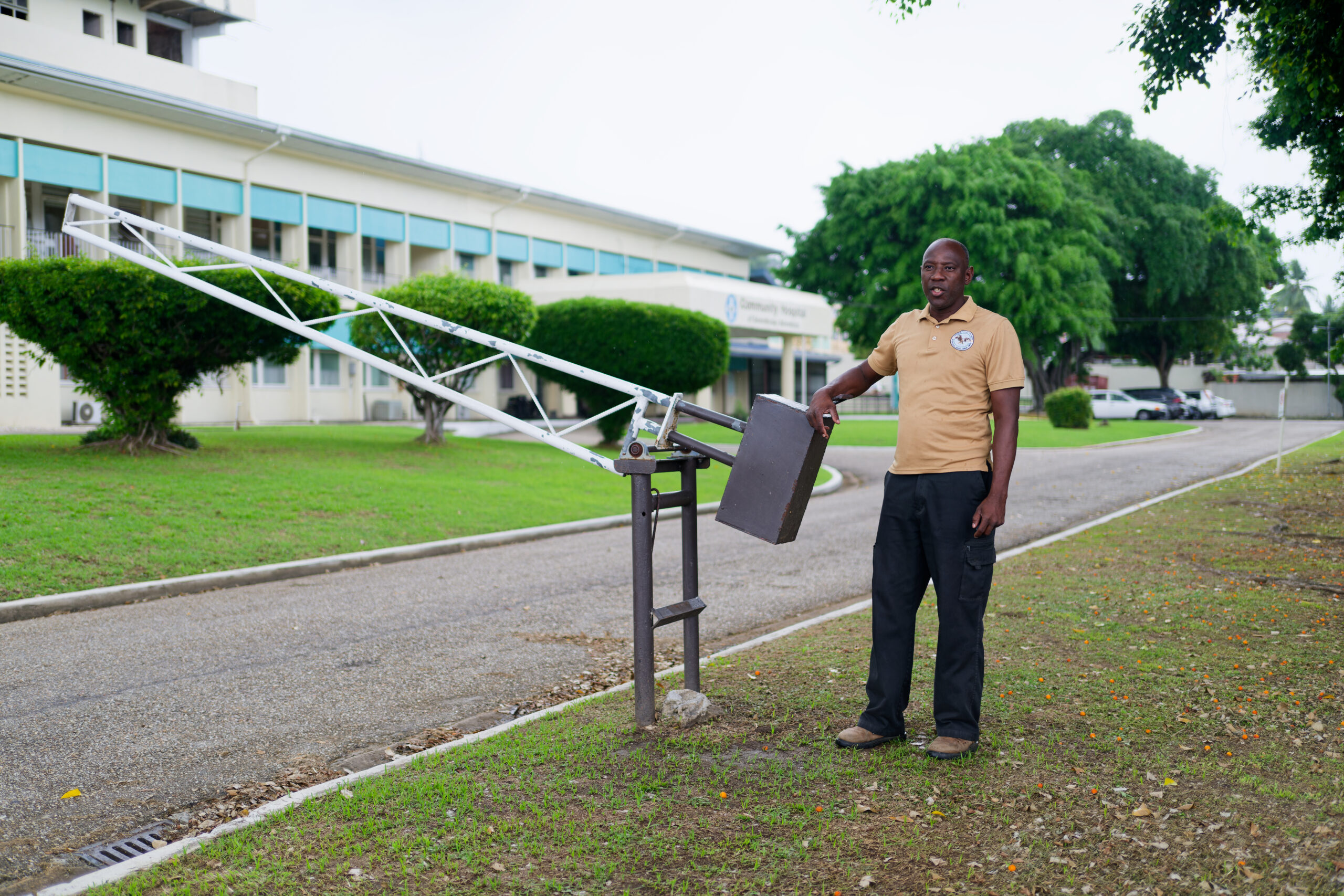
The Security Department is a vital component of the hospital's operations, dedicated to ensuring the safety and security of patients, staff, visitors, and hospital property. This department is responsible for implementing and managing security protocols, responding to incidents, and maintaining a secure environment throughout the facility.
Key responsibilities include:
Surveillance and Monitoring: Utilizing surveillance systems and monitoring equipment to oversee hospital premises, including entrances, exits, and critical areas. Ensuring that all security cameras and alarm systems are functioning correctly.
Patrol and Response: Conducting regular patrols of the hospital grounds, including parking lots, corridors, and outdoor areas. Responding promptly to security incidents, emergencies, and alarms, and coordinating with law enforcement or emergency services as needed.
Access Control: Managing access to restricted areas within the hospital, including monitoring and issuing identification badges, managing visitor logs, and controlling entry points to ensure only authorized personnel and visitors are permitted.
Incident Management: Investigating and documenting security incidents, including theft, vandalism, or disturbances. Implementing measures to prevent recurrence and collaborating with other departments to address security concerns.
Emergency Preparedness: Developing and implementing emergency response plans, including evacuation procedures, disaster response, and lockdown protocols. Conducting regular drills and training for staff to ensure readiness in the event of an emergency.
Customer Service: Providing assistance and support to patients, visitors, and staff in a professional and courteous manner. Addressing concerns and resolving conflicts in a manner that upholds the hospital's commitment to safety and care.
The Security Department is dedicated to creating a safe and secure environment that allows the hospital to focus on delivering high-quality care. By maintaining vigilance, responding swiftly to incidents, and fostering a culture of safety, this department plays a crucial role in the overall well-being of the hospital community.

